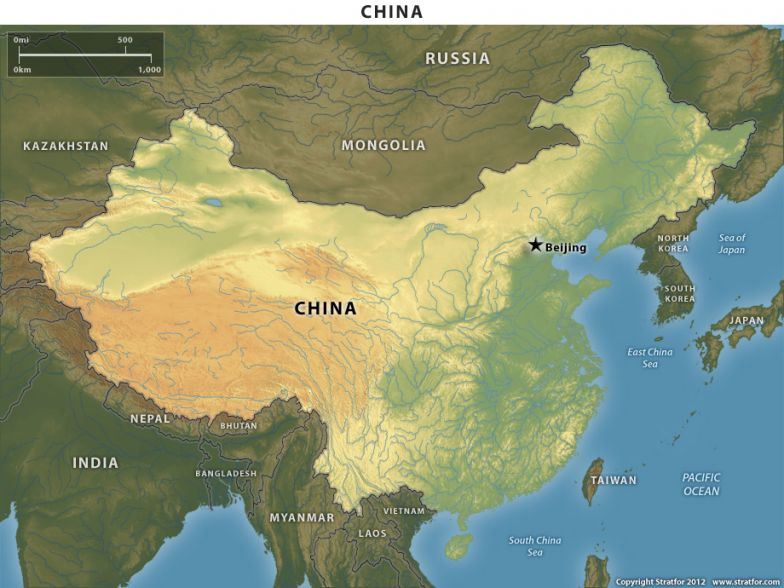Chinese Nationalism
Chinese Nationalism
Chinese nationalism is a form of nationalism in the People's Republic of China and the Republic of China which asserts that the Chinese people are a nation and promotes the cultural and national unity of all Chinese people. 
It is significantly distinct from Han nationalism a sense of jingoism that is felt by purely Han Chinese people who deem themselves superior to other existing ethnicities (typically minority) in China.
Under Sun Yat Sen's ideal in the Three Principles of the People, Chinese nationalism should be a form of Civic Nationalism constructed on top of a united value, however this has not been fully recognized or applied by successors.
Chinese nationalism emerged in the late Qing dynasty (1636–1912) in response to the humiliating defeat in the First Sino-Japanese War and the invasion and pillaging of Beijing by Eight-Nation Alliance. In both cases, the aftermath forced China to pay financial reparations and grant special privileges to foreigners. The nationwide image of China as a superior Celestial Empire at the center of the universe was shattered, and last-minute efforts to modernize and strengthen the old system were unsuccessful. These last-minute efforts were best exemplified by Liang Qichao, a late Qing reformer who failed to reform the Qing government in 1896 and was later expelled to Japan, where he began work on his ideas of Chinese nationalism.
The effects of World War I continually shaped Chinese nationalism. Despite joining the Allied Powers, China was again severely humiliated by the Versailles Treaty of 1919 which transferred the special privileges given to Germany to the Empire of Japan. This resulted in the May Fourth Movement of 1919, which developed into nationwide protests that saw a surge of Chinese nationalism. Large-scale military campaigns led by the Kuomintang during the Warlord Era that overpowered provincial warlords and sharply reduced special privileges for foreigners helped further strengthen and aggrandize a sense of Chinese national identity.
After Imperial Japan was defeated in the Second World War, Chinese nationalism again gained tract as China recovered lost territories previously lost to Japan, including Manchuria and Taiwan. However, the Chinese Civil War, (which had paused in the face of Japanese invasion) had resumed, damaging the image of a unified Chinese identity. The Communists were victorious in 1949, as the Kuomintang retreated to Taiwan.
Under Mao Zedong, the Chinese Communist Party began to employ Chinese nationalism as a political tool.
Using Chinese nationalism, the Chinese Communist Party began to suppress separatism and secessionist attitudes in Tibet and among the Uyghurs, a Turkic minority in the far-west province of Xinjiang, an issue that persists.
In modern times, especially due to changing US-China relations, the Ministry of Foreign Affairs of the People’s Republic of China often cite ideas of Chinese nationalism when responding to press questions on the topic.
https://en.wikipedia.org/wiki/Chinese_nationalism


